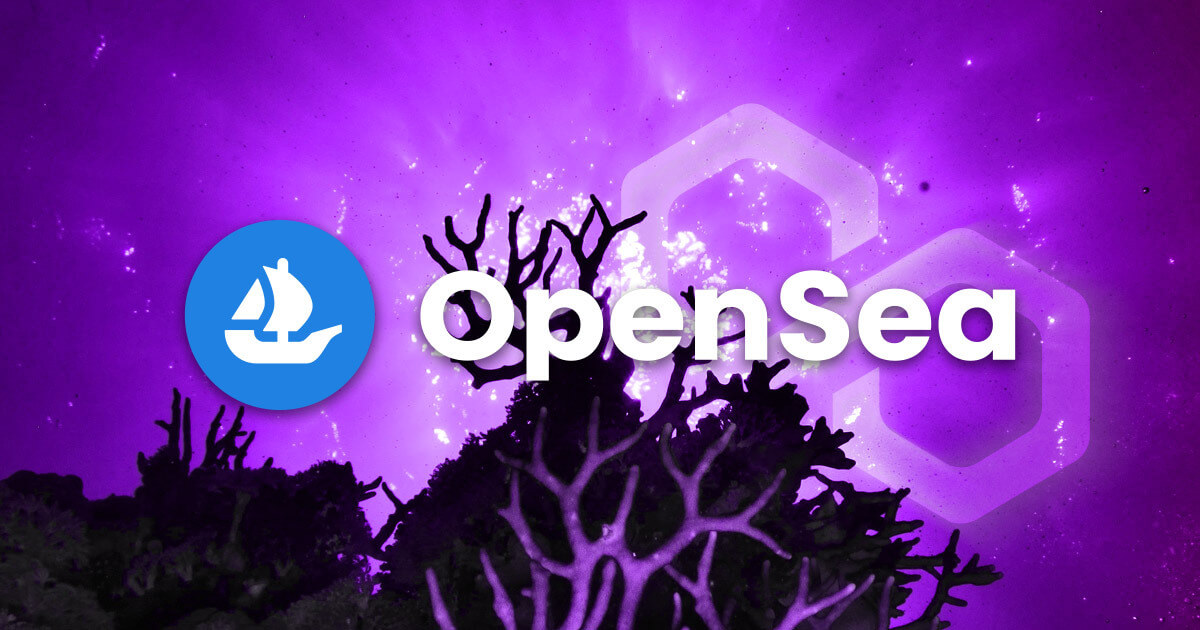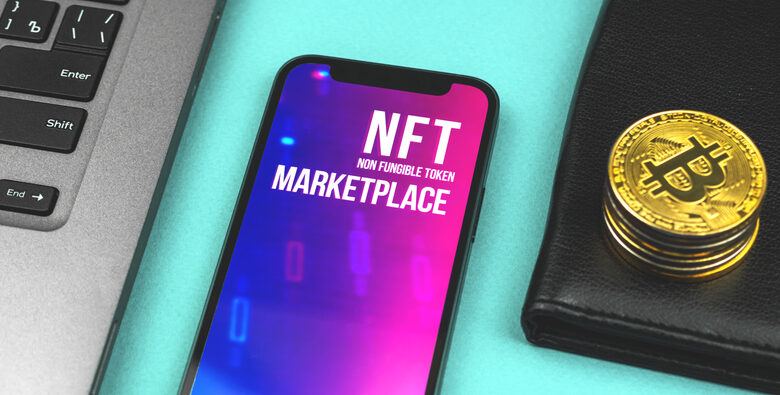The successful Polygon (MATIC) network will be integrated in the industry’s brand new Seaport Protocol, according to OpenSea, the leading marketplace for all forms of NFTs. The protocol was released in June, when OpenSea chose to transition to a more energy-efficient means of running their marketplace, along with some additional features.
Polygon (MATIC) Arrives at Seaport- What Can We Expect?
Because the new Web3 protocol has previously been tested on the Ethereum (ETH) blockchain, the additional functionalities and cheap maintenance costs demonstrated that the protocol would be helpful on other blockchains as well. As a result of the Polygon integration, OpenSea will undergo significant changes (MATIC). The ability to use the Polygon (MATIC) cryptocurrency on all OpenSea transactions is the most significant. Other new features worth mentioning include:
- There is no listing minimum.
- Transfers in large numbers
- Offers for collection and attribution
Furthermore, the Seaport protocol operates differently than the majority of NFT marketplaces. For example, instead of a peer-to-peer transaction, OpenSea now employs a “offer & consideration” approach. This results in a sophisticated transaction in which buyers can supply any agreed-upon amount of digital commodities in Ethereum (ETH) or ERC20, ERC721, and ERC1155. To complete the transaction, the receiver must accept the items specified by the buyer - this is referred to as “the consideration.”
Thanks to the Seaport NFT Protocol, $460 million in fees have been eliminated.
Furthermore, OpenSea indicated that the high Ethereum (ETH) gas fees were one of the reasons for the migration to the Seaport protocol. As the second largest crypto asset awaits the highly anticipated ‘The Merge’ upgrade, it would save a massive $460 million in fees each year compared to the present network arrangement.
Easier-to-read transaction confirmations are fantastic, but for those who haven’t yet registered on OpenSea, the news is even better: new users will no longer be required to pay the startup charge. According to OpenSea, this single step will save the renowned NFT community almost $120 million per year.

 English
English 简体中文
简体中文 繁體中文
繁體中文 Español
Español 日本語
日本語 한국어
한국어 ภาษาไทย
ภาษาไทย


